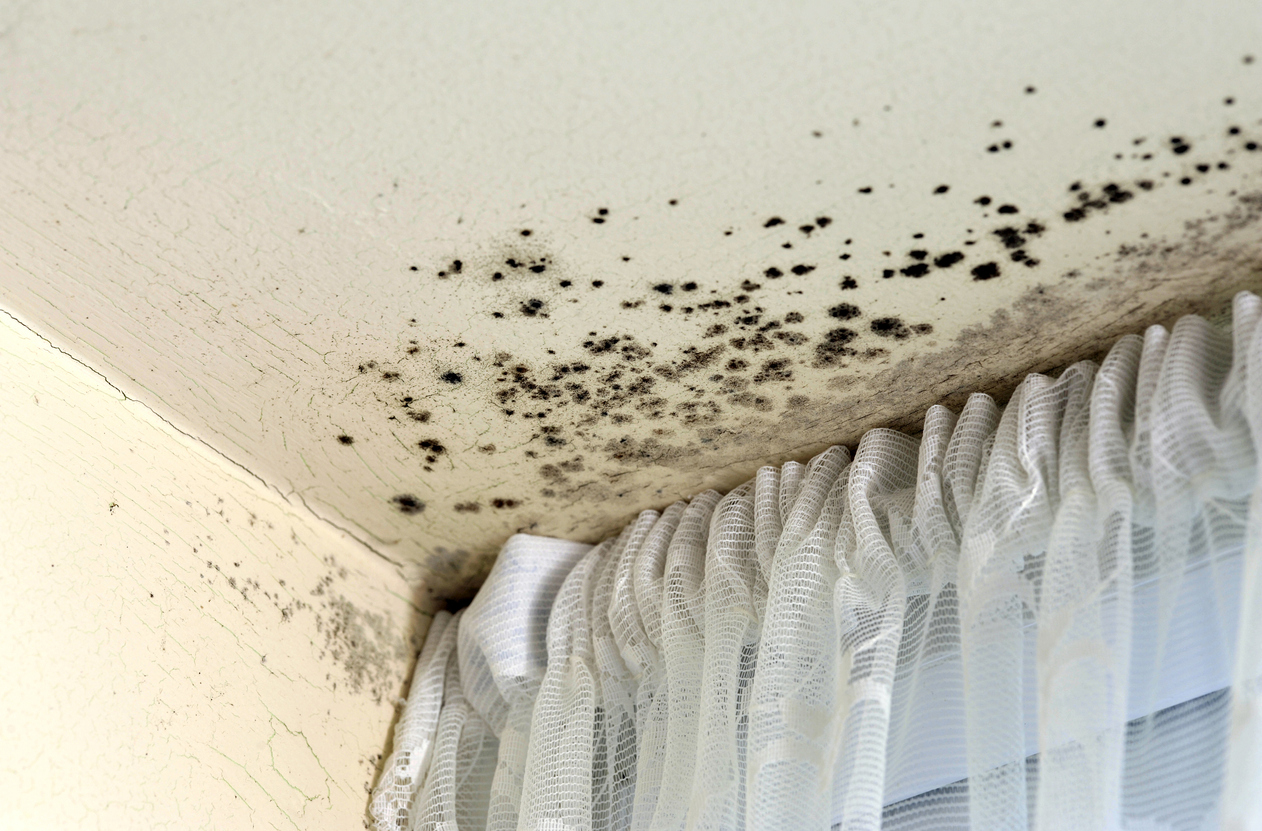By Jennine Kirkwood, Head of Member Services (London)
London’s housing stock is among the oldest and most diverse in the UK, with a significant proportion built before 1945. Approximately 800,000 social housing properties are managed by 32 Local Authorities and Registered Providers (RPs), with high rise buildings (HRBs) making up 60% of that total. While this sector plays a vital role in providing affordable housing, much of it is now aging and in poor physical condition.
Key factors such as deteriorating buildings, inadequate upkeep, economic pressures and overcrowding have all contributed to the worsening issue of damp and mould, now one of the most serious challenges facing both private and social landlords. Beyond being a matter of housing quality, damp and mould directly affect residents’ health, causing respiratory problems, skin conditions and in the most tragic cases, loss of life.
The case of Awaab Ishak, a two year old who died in 2020 from prolonged exposure to mould in his Rochdale home, is a heartbreaking reminder of the human cost of inaction. Despite repeated pleas from his parents, their social landlord failed to respond appropriately. Awaab’s death became a watershed moment for the social housing sector and led to the introduction of Awaab’s Law as part of the Social Housing (Regulation) Act 2023.
Under Awaab’s Law, coming into force on 27th October 2025, social housing landlords are now legally obligated to:
• Investigate reported hazards (including damp and mould) within 14 calendar days
• Provide a written report within those 14 days
• Address emergency hazards within 24 hours
• Take remedial action within fixed timescales
The law makes it clear that tenants are not to be blamed for the presence of damp and mould and that responsibility for addressing these issues lies squarely with landlords.
In response, several councils have already begun forming targeted damp and mould taskforces. Collaborative efforts with public health bodies, such as the NHS, are helping to identify homes where residents’ health may be at risk. These partnerships aim not only to meet the legal obligations but also to reduce the strain on healthcare services and restore trust between landlords and tenants.
Long term improvement, however, requires more than compliance. A proactive, preventative approach is essential. Housing providers must move away from reactive repairs and towards robust, accountable asset management. This includes regular inspections, maintenance of roofing and drainage systems, ensuring suitable heating and ventilation, and crucially, engaging residents in understanding and implementing preventative measures within their homes.
To support this shift, CHIC and ARK Consultancy are hosting a dedicated roundtable event on Tuesday 17th September 2025 at 30 Euston Square, London.
This third instalment in our disrepair series is aimed at registered providers, especially those operating in London, as well as CHIC supply chain partners involved in damp, mould and disrepair remediation.
The agenda features expert insights on the legal responsibilities, preventative strategies and operational delivery. Sessions will explore tenant focused approaches, effective treatments, frontline challenges and practical steps toward compliance and cultural change. Informed presentations, case studies and Q&A discussions will provide attendees with takeaway knowledge and actions to enhance resident outcomes and drive sector wide improvement.
CLICK HERE to secure your place at this timely and focused discussion.
Jennine Kirkwood | [email protected]



